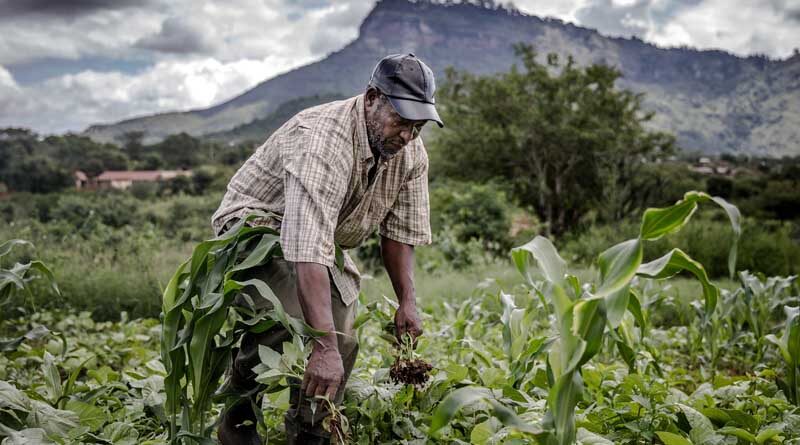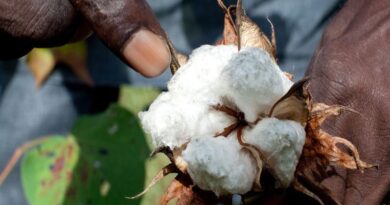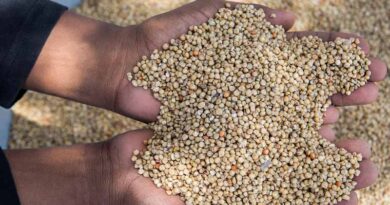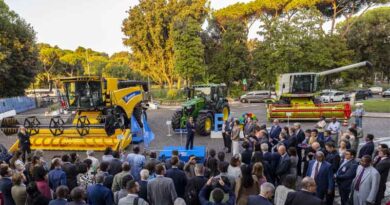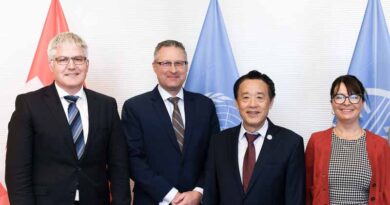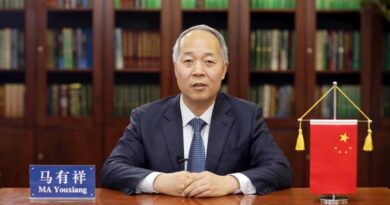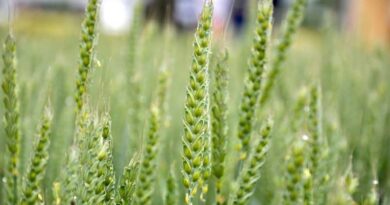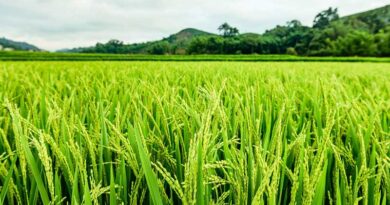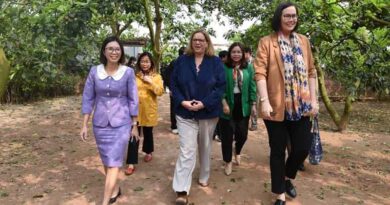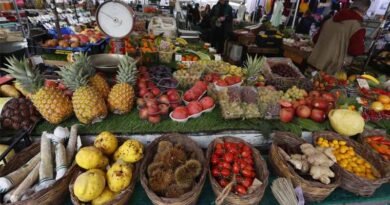First Global Conference on Sustainable Plant Production focuses on increasing crop yields with less environmental impact
03 November 2022, Rome: The need for innovative approaches to agriculture that make crop production efficient and resilient to shocks and disruptions came under the spotlight today at the opening of the first Global Conference on Sustainable Plant Production organized by the Food and Agricultural Organization of the United Nations (FAO).
Under the theme Innovation, Efficiency and Resilience, the hybrid event held at the FAO headquarters will focus on how to produce more food, sustainably, with less of an environmental impact and ways in which to strengthen local and diversified agrifood systems.
The conference which runs from November 2-4, comes at a time when global demand for food, feed, fuel and fibre is increasing, with estimates that the world will need 50 percent more food by 2050 to feed the increasing global population. Currently some 828 million people face hunger and a third of the world’s population – 2.3 billion people – do not have access to adequate food.
In his opening remarks, FAO Director-General QU Dongyu called for the need to speed up action in addressing these issues.
“Current agricultural practices are unsustainable. Investment is urgently needed. They are putting pressure on the environment and on our finite natural resources, including biodiversity, land and water,” he said, noting how land conversion from natural ecosystems to agriculture is contributing extensively to deforestation, biodiversity loss and greenhouse gas emissions, this in a context where the threats from plant pests and diseases is increasing and is compounded by the effects of the climate crisis.
“We cannot continue ‘business as usual’ – we need to get on a technology driven sustainable track. That’s the only solution. Tomorrow’s agriculture will need to produce more food with a lower environmental footprint – this means producing more with less. And also, we need to produce more diversity and more quantity in situ,” Qu said.
“Science based sustainable plant production can enable this,” he added.
The FAO Director-General underscored the role of farmers, whose needs, knowledge and constraints “must be at the core” of efforts to adopt sustainable agricultural practices.
He outlined five ways in which to address these global challenges:
- Implement solutions that are accessible and can be locally adapted;
- Establish strong local and diversified agrifood systems that are more resilient to shocks and disruptions;
- Harness the potential of agricultural innovation to create efficient plant production systems;
- The need to be inclusive, taking into consideration the needs of all, including the most vulnerable groups, rural women, youth and Indigenous Peoples;
- Keep international trade open and functional
The Conference brings together FAO Members, farmers, scientists, development agencies, policy makers, civil society and private sector representatives to discuss farmer-centric agricultural practices that produce more while considering ways to mitigate the impact of climate change and geopolitical disruptions among other issues.
Discussions will focus on ways in which to achieve food security by using the right seeds, diverse and adaptable food cropping systems and efficient management of natural resources. Pest management, and mechanization and digitalization will also feature in the sessions.
This conference aims to raise awareness about the contribution of sustainable plant production to attain the 2030 Sustainable Development Goals at the regional and national levels and demonstrate ways in which FAO can lead members in this direction.
Also Read: Best Agrolife Ltd subsidiary receives patent for ternary fungicidal effective against Late Blight and Downy Mildew
(For Latest Agriculture News & Updates, follow Krishak Jagat on Google News)

